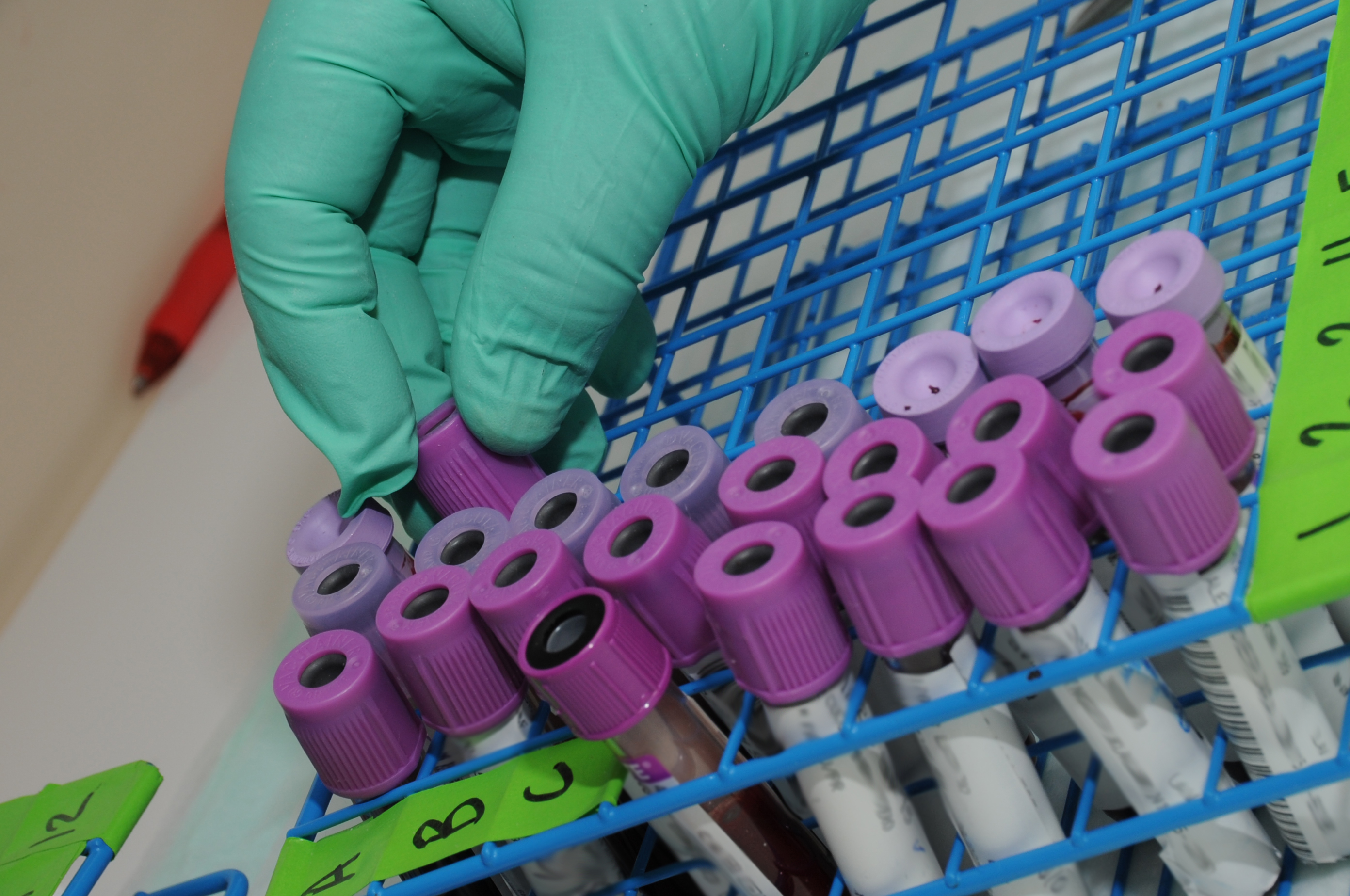Medicine’s Wild West: 10 new genetic tests enter the market each day
By Carolyn Y. Johnson,
The Washington Post
| 05. 07. 2018
There are 75,000 genetic tests available for sale today -- a flood of information that could provide major new insights into health or an unwieldy abundance of information that overloads doctors and drives medical spending higher.
A new study in the journal Health Affairs reveals an explosion of genetic tests over the past four years, with about 10 new ones entering the market each day. Another study, of hundreds of primary-care providers in New York City, found only a third had ever ordered a genetic test or referred a patient for counseling. A minority -- 14 percent -- said they felt confident interpreting results.
The studies point to the huge opportunity and challenges that face the booming business of clinical genomics, which is forecast to grow to a $7.7 billion global industry by 2020. As the cost of sequencing genes has plummeted and tests have proliferated, the knowledge about the best practical uses of such information in the real world has remained relatively nascent. Doctors want better tools to support their decisions.
“If I were a provider trying to figure out what to order, that's...
Related Articles
By Arthur Lazarus, MedPage Today | 01.23.2026
A growing body of contemporary research and reporting exposes how old ideas can find new life when repurposed within modern systems of medicine, technology, and public policy. Over the last decade, several trends have converged:
- The rise of polygenic scoring...
By Stephanie Pappas, LiveScience | 01.15.2026
Genetic variants believed to cause blindness in nearly everyone who carries them actually lead to vision loss less than 30% of the time, new research finds.
The study challenges the concept of Mendelian diseases, or diseases and disorders attributed to...
By David Cox, Wired | 01.05.2026
As he addressed an audience of virologists from China, Australia, and Singapore at October’s Pandemic Research Alliance Symposium, Wei Zhao introduced an eye-catching idea.
The gene-editing technology Crispr is best known for delivering groundbreaking new therapies for rare diseases, tweaking...
By Josie Ensor, The Times | 12.09.2025
A fertility start-up that promises to screen embryos to give would-be parents their “best baby” has come under fire for a “misuse of science”.
Nucleus Genomics describes its mission as “IVF for genetic optimisation”, offering advanced embryo testing that allows...




